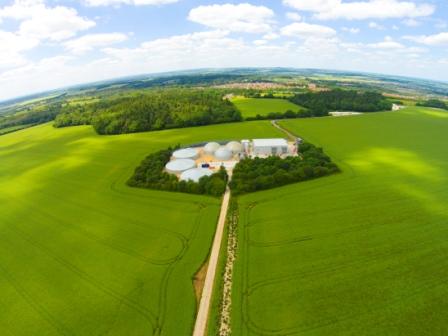
The PAS 110 accreditation is an industry specification for digestate produced from anaerobic digestion against which digestate producers can assure their end users of its quality.
Tamar’s Basingstoke plant has the capacity to process up to 40,000 tonnes of municipal and commercial food waste each year to generate 1.5 MW of renewable energy, enough for 3,000 households.
The company’s agricultural AD plants at Retford, Nottinghamshire and Holbeach, Lincolnshire reached the PAS 110 standard in 2015.
‘Tri-fold benefit’
Independent trials have suggested that biofertiliser produced in the AD process can help to improve crop yields and help users replace more costly petro-chemical derived fertilisers. Tamar’s biofertiliser is used by Worth Farms, its partner at Holbeach, on its potato and vegetable crops.
Dean Hislop, Tamar’s chief executive said: “AD offers the tri-fold benefit of being used to recycle food waste, generate renewable energy and produce biofertiliser. Biofertiliser offers several benefits to the farming sector, including cutting costs, increasing yields and returning important nutrients to the land.
“Having our plants PAS110 accredited allows us to show our customers that the biofertiliser we’re providing is of the highest quality possible.”
PAS110
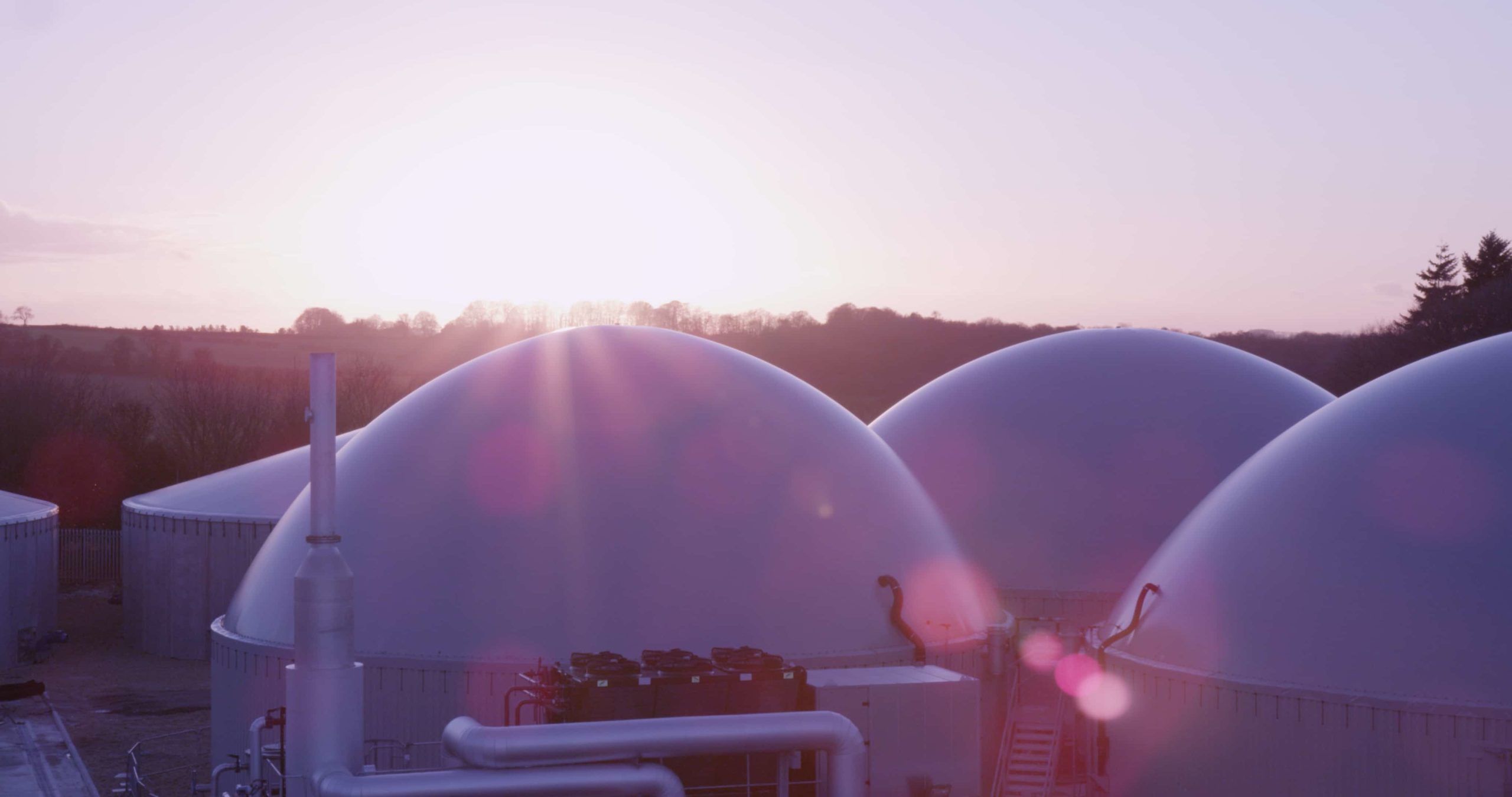
The quality standard PAS110 is designed to give customers confidence that the biofertiliser they receive is fit for purpose and of the highest quality.
It is achieved by demonstrating consistent quality in the biofertiliser produced at individual plants, across a number of criteria including the types of organic waste used in the AD process, the minimum quality and chemical content of the biofertiliser and the level of information provided to end users.
Operators are required to provide three biofertiliser samples over an extended period for quality testing as well as demonstrating that their internal processes are robust enough to produce high grade biofertiliser.
Tamar
Tamar is a UK operator of five commercial AD plants and six composting sites, recycling nearly 500,000 tonnes of organic waste collectively.
As well as the Basingstoke food waste plant, it has AD plants in Hoddesdon, Hertfordshire; Halstead, Essex; Holbeach, Lincolnshire; and Retford, Nottinghamshire.




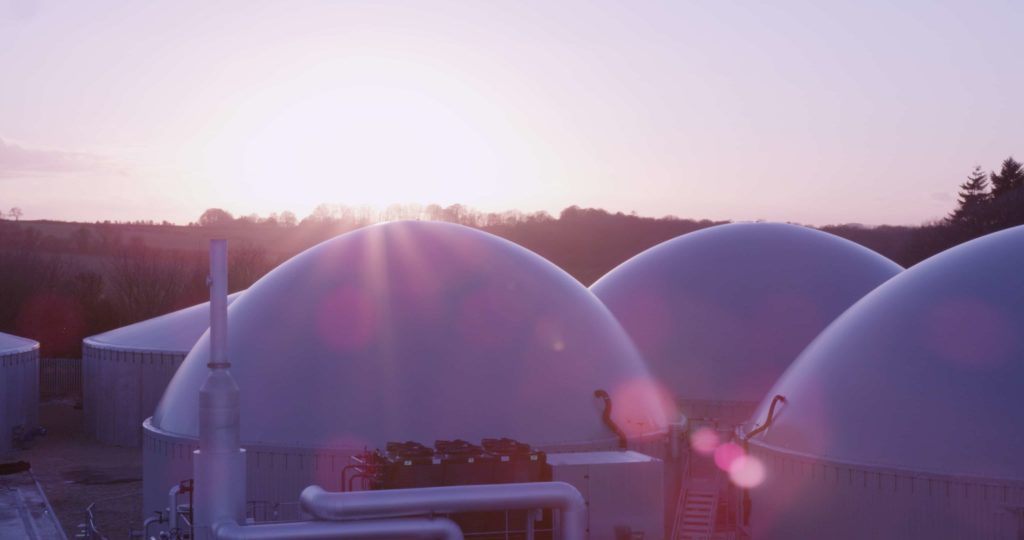
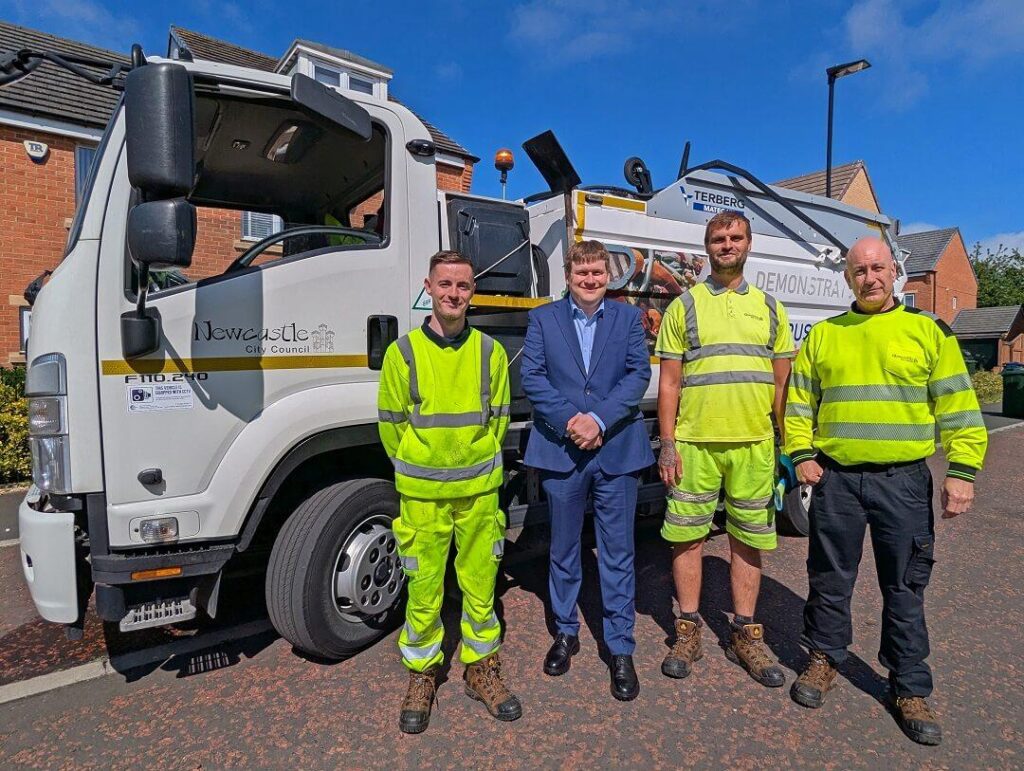

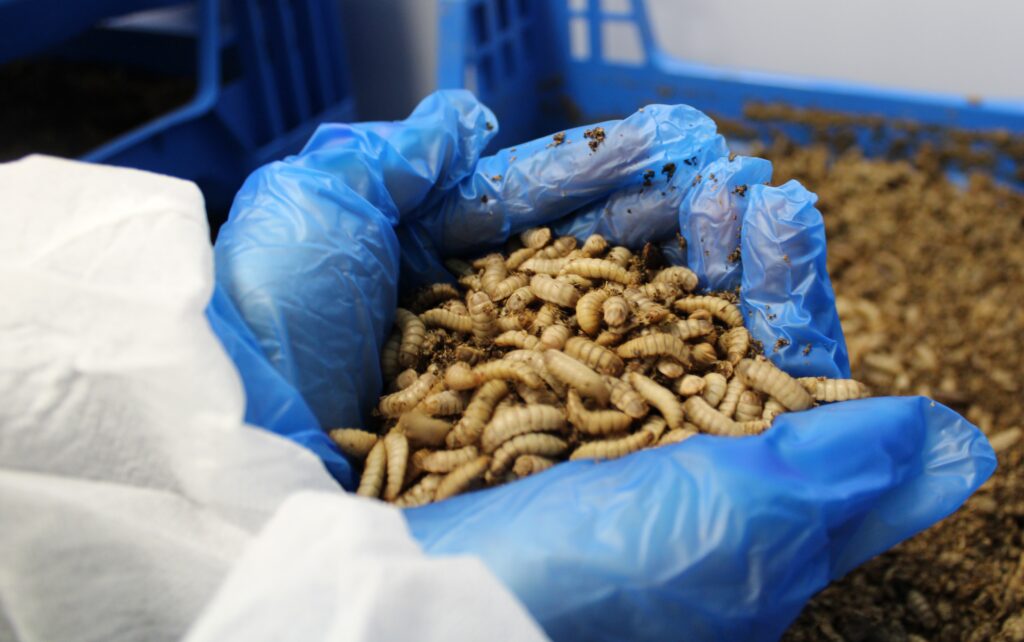
Subscribe for free